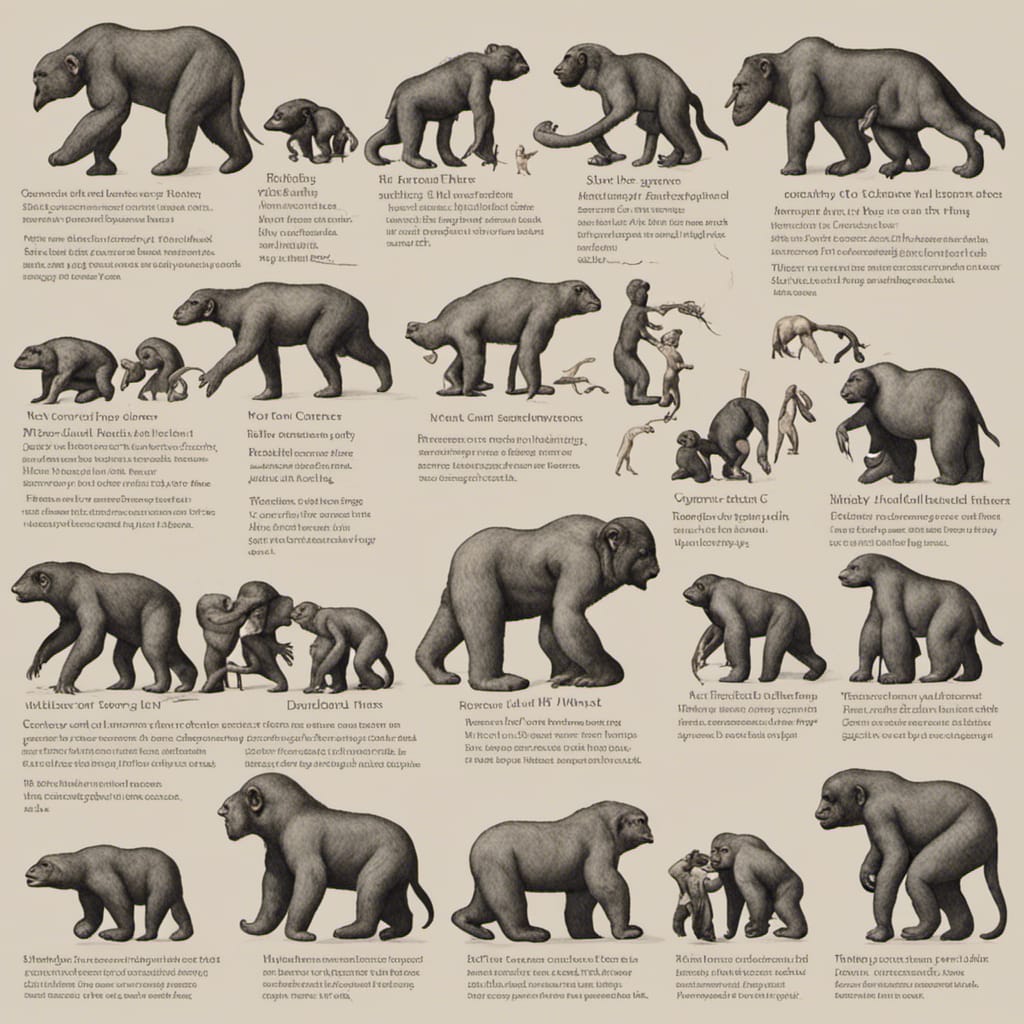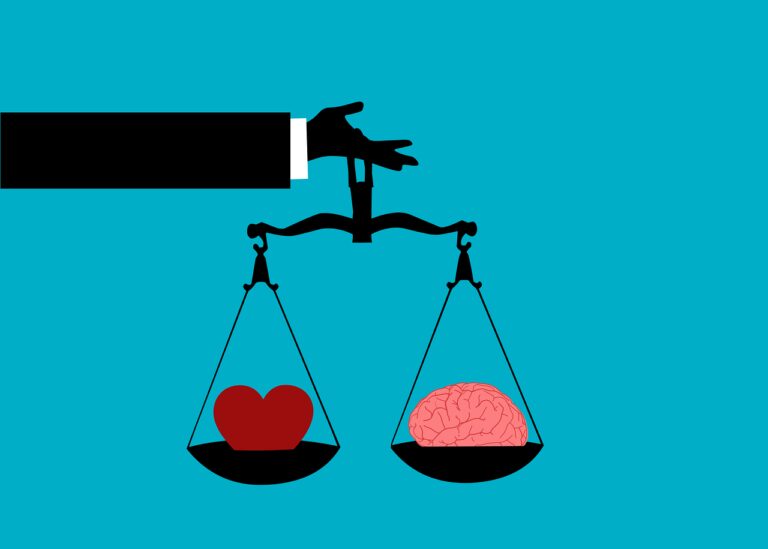
Within the chronicles of human comprehension, paradigm shifts emerge as pivotal milestones. These junctures denote radical metamorphoses in the lenses through which we perceive, construe, and engage with reality. Across disciplines encompassing natural sciences, arts, socioeconomics, and technological innovations, paradigm shifts have propelled societies forward, influencing the trajectory of historical evolution.
This article answers the question, of what is a paradigm shift, and explores the deeper meaning and significance.
Origins
The term “paradigm” itself had been used in philosophy to refer to a pattern or model, often within linguistic or cognitive frameworks. Kuhn expanded upon this concept by introducing the idea of “paradigm shift.” He defined a paradigm as a set of beliefs, practices, and assumptions that guide scientific research within a particular field during a specific period. Paradigms provide scientists with a framework for solving problems, conducting experiments, and interpreting data.
The Dynamics of Paradigm Shifts
Paradigm shifts are not mere adjustments; they are revolutionary leaps that can completely reshape the landscape of knowledge. Consider the shift from the geocentric model of the universe, where Earth was believed to be at the center, to the heliocentric model proposed by Copernicus and Galileo. This transition dramatically transformed our understanding of the cosmos and laid the foundation for modern astronomy.
Reasons Behind Paradigm Shifts
- Accumulation of Anomalies: Over time, the accumulation of unexplainable anomalies within the existing paradigm can create a crisis in the field. These anomalies challenge the prevailing framework’s ability to provide satisfactory explanations, prompting scientists and thinkers to explore alternative viewpoints.
- New Discoveries: Breakthrough discoveries that cannot be explained by the current paradigm often serve as catalysts for change. These discoveries may lead to the realization that the existing framework is insufficient to account for the newfound knowledge.
- Technological Advancements: Advances in technology can enable observations and experiments that were previously impossible. These new tools can reveal information that contradicts the current paradigm and necessitates a paradigm shift.
Importance of Paradigm Shifts
Paradigm shifts are essential for intellectual growth and progress. They push the boundaries of human knowledge, encouraging us to question established norms and think creatively. Without these shifts, fields of study might stagnate, and potential breakthroughs could remain undiscovered. Paradigm shifts also highlight the inherently dynamic nature of human understanding; they emphasize that knowledge is constantly evolving rather than fixed.

Paradigm Shift Examples
These shifts represent radical changes in the way we perceive, interpret, and interact with the world around us. From science to culture, economics to technology, paradigm shifts have propelled societies forward, reshaping the course of history.
Theory of Evolution
Charles Darwin’s theory of evolution, presented in the mid-19th century, challenged traditional religious beliefs about the origin of species. By proposing natural selection as the driving force behind species’ diversity, this paradigm shift revolutionized the fields of biology and paleontology, laying the foundation for modern genetics and our understanding of life’s intricate interconnectedness.
Copernican Revolution
The Copernican Revolution, led by Nicolaus Copernicus in the 16th century, challenged the prevailing geocentric model of the universe. Copernicus proposed a heliocentric model where the Earth revolved around the Sun. This transformative shift ignited a revolution in astronomy and redefined humanity’s place in the cosmos, fostering a new era of scientific inquiry.
Enlightenment Era
The Enlightenment era saw a shift in philosophical thinking, emphasizing reason, individualism, and the potential for human progress. Thinkers like Immanuel Kant and John Locke challenged traditional religious and monarchical authority, advocating for human rights and the pursuit of knowledge based on reason and evidence.
Industrial Revolution
The Industrial Revolution, spanning the late 18th to early 19th centuries, marked a transition from agrarian societies to industrialized economies. With advancements in machinery, manufacturing processes, and energy sources, this paradigm shift propelled the world into an age of urbanization and technological innovation, reshaping labor, commerce, and everyday life.
Information Age
The Information Age sparked in the late 20th century, marked the transition from industrial economies to ones driven by digital technology. The advent of the internet, computing, and telecommunications led to unprecedented interconnectedness, revolutionizing communication, commerce, and information dissemination, while also raising profound questions about privacy and the nature of reality in the virtual realm.
Gender and Civil Rights
Paradigm shifts surrounding civil and gender rights emerged as a response to centuries of systemic discrimination and inequality. From the suffrage movement to the civil rights movement, society underwent a transformative journey toward recognizing the inherent worth and rights of all individuals, regardless of race, gender, or background.
Sustainability Paradigm
As the environmental crisis looms large, a paradigm shift towards sustainability has gained traction. With a focus on renewable energy, conservation, and responsible consumption, this shift aims to balance human progress with ecological well-being, redefining our relationship with the planet and fostering a more harmonious coexistence.
Opinion
Paradigm shifts stand as a testament to humanity’s capacity for growth and innovation. They challenge us to reconsider our assumptions, expand our horizons, and adapt to new ways of thinking. While some shifts have been met with resistance, they have ultimately paved the way for progress and a deeper understanding of the world. As we continue to face complex challenges, embracing the potential of paradigm shifts remains vital to shaping a brighter future.
Conclusion
Paradigm shifts are the tectonic shifts of human thought that have shaped our journey through time. These examples highlight the power of transformative ideas to reshape societies, redefine norms, and propel us into new frontiers of knowledge. By recognizing and embracing the lessons of these shifts, we honor our intellectual legacy and set the stage for the paradigm shifts of tomorrow.


